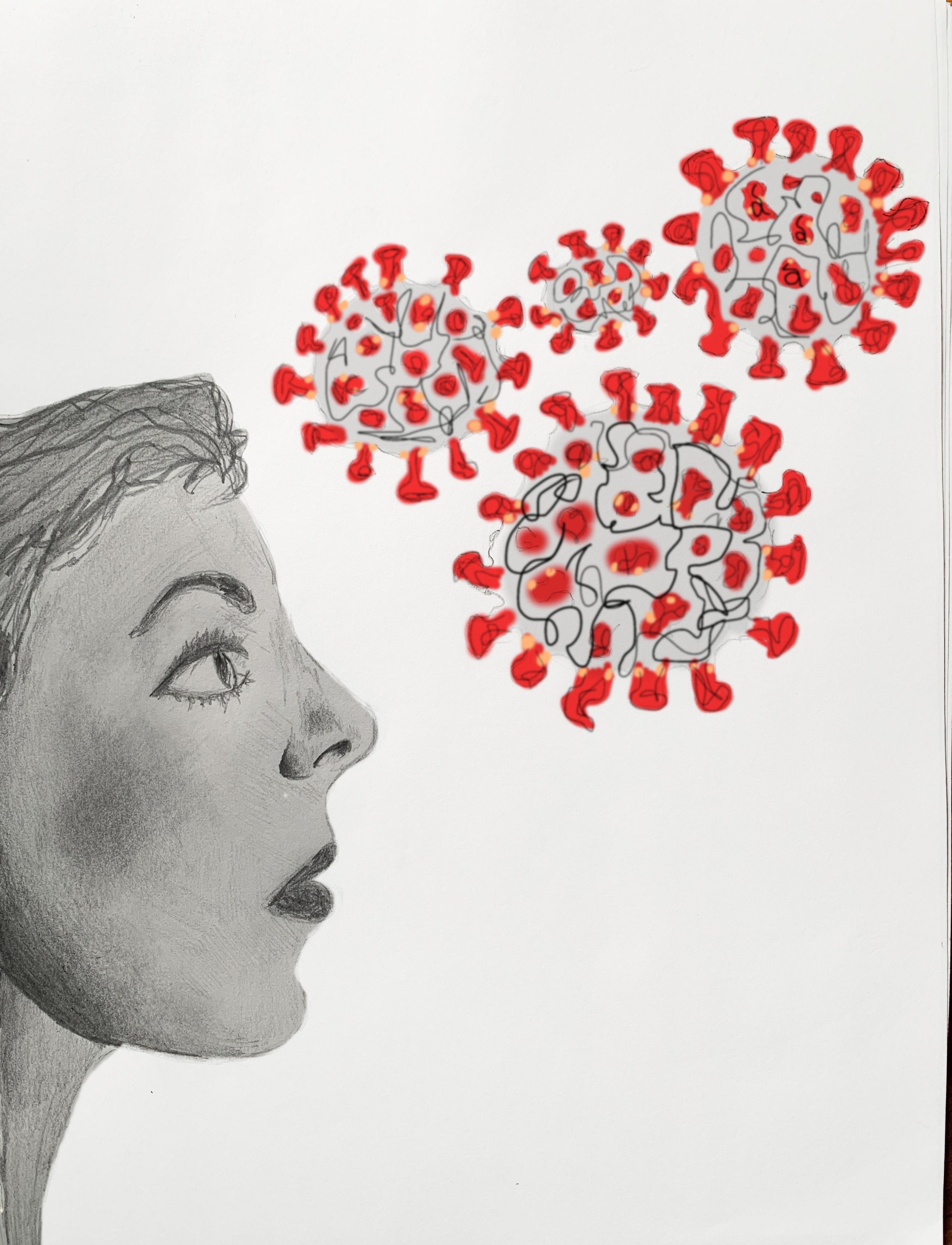Researchers are developing a new non-invasive strategy for mitigating the symptoms and progression of neurodegenerative diseases, according to Nature Communications. As Cell & Bioscience reported, scientists are currently investigating how to reduce an agglomeration of Alzheimer’s-associated proteins, toxins and cellular debris by enhancing the brain’s ability to clear waste.
Customized vaccines may be the next step in treating cancer
Amidst the maelstrom of novel cancer treatments featured in the news, cancer vaccines have become a rapidly advancing method for preventing, treating and personalizing cancer medicine.
According to the Cancer Research Institute, various cancer vaccines either exist or are currently being tested in clinical trials. However, unlike vaccines for influenza and COVID-19, many of them are not meant to be preventative. Instead, cancer vaccines may help the immune system attack pre-existing cancerous cells based on their specific mutations, making them more of a treatment than a prophylaxis — a measure meant to prevent the spread of disease.
AI seeks to make neurosurgery safer and more effective
In an increasingly automated world, Artificial Intelligence is becoming commonplace in almost every area of our lives.
According to the Pew Research Center, many Americans have misgivings about its effects on privacy, customer service and public safety. Forbes lists job loss, reduced human interaction, misinformation and an uncertain future for humanity as primary concerns of AI’s rise. However, AI also illustrates great promise for the future of industries like medicine.
More people need to start talking about long COVID
President Joe Biden’s “60 Minutes” interview remarks on Sept. 18, 2022, during which he declared that “the pandemic is over,” serve as a painful confirmation that the institutions meant to protect us — namely the government — have neglected the American public in the face of a more subliminal, yet similarly-grave ailment: long COVID. The Centers for Disease Control and Prevention stated that Long COVID is a term used to refer to a variety of conditions that develop after a COVID-19 infection.



